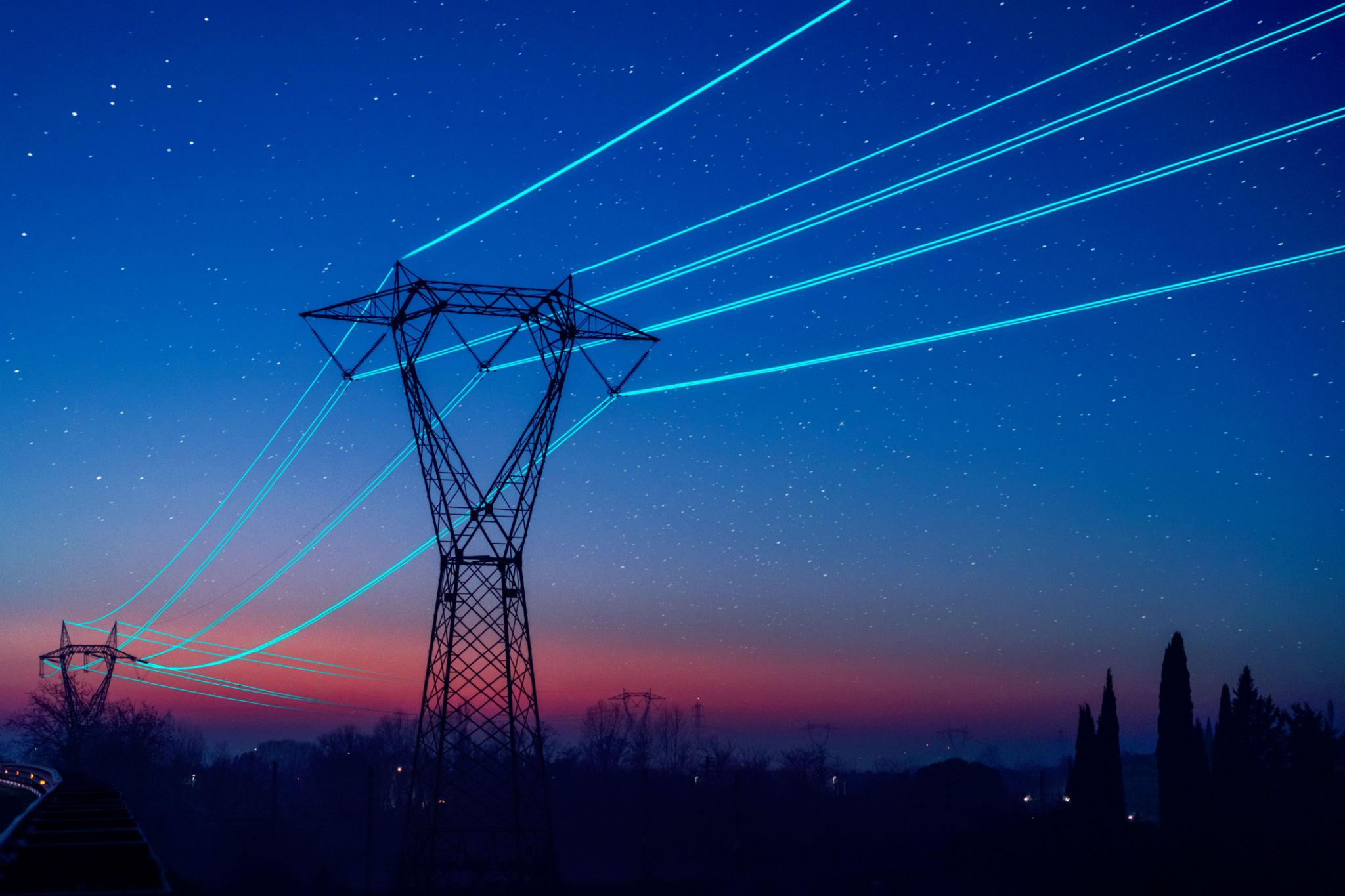The Economic Benefits of Selling Excess Electricity from Waste Conversion
Understanding Waste Conversion and Electricity Generation
In recent years, waste conversion technologies have gained significant attention as a sustainable solution for managing waste. These technologies not only reduce the volume of waste destined for landfills but also convert it into valuable resources such as electricity. By transforming waste into energy, communities can tackle environmental concerns while generating a new revenue stream.
Converting waste into electricity involves various processes, such as anaerobic digestion, gasification, and incineration. Each method has its unique benefits and applications, but they all share a common goal: turning waste into a usable form of energy. This transformation offers economic advantages for businesses and municipalities alike.

Revenue Opportunities from Selling Excess Electricity
One of the most compelling economic benefits of waste-to-energy conversion is the ability to sell excess electricity generated during the process. Facilities that produce more electricity than they consume can export the surplus to the grid, creating an additional revenue stream. This opportunity not only offsets operational costs but can also lead to substantial profits over time.
Electricity generated from waste conversion is often considered a renewable energy source, which adds value in terms of sustainability and market demand. As more countries and regions prioritize clean energy, the demand for renewable electricity is expected to grow, presenting an attractive market for sellers.

Reducing Waste Management Costs
Besides generating revenue from electricity sales, waste conversion can significantly reduce waste management costs. Traditional waste disposal methods, such as landfilling and incineration without energy recovery, are expensive and resource-intensive. By converting waste into electricity, municipalities and businesses can decrease their reliance on costly disposal methods, leading to financial savings.
Furthermore, reduced landfill usage contributes to lower environmental impact fees and compliance costs associated with waste management regulations. This dual benefit of cost reduction and revenue generation makes waste conversion an economically viable solution for many stakeholders.
Enhancing Local Economies
Investing in waste-to-energy facilities can stimulate local economies by creating jobs and supporting local businesses. The construction and operation of these plants require skilled labor, providing employment opportunities for local residents. Moreover, the presence of a waste-to-energy facility can attract related industries and services, fostering economic growth in the surrounding area.

Additionally, selling excess electricity produced from waste conversion can support local energy needs, potentially offering lower energy costs for consumers. This can increase disposable income within the community and further contribute to economic development.
Environmental Impact and Long-Term Benefits
The environmental benefits of waste conversion extend beyond economic gains. By reducing reliance on fossil fuels and minimizing greenhouse gas emissions associated with traditional waste disposal methods, these technologies help mitigate climate change impacts. This positive environmental shift can lead to long-term sustainability and resilience for communities.
As global awareness of environmental issues grows, businesses and governments that invest in sustainable practices like waste conversion are likely to gain a competitive edge. The ability to market products and services as environmentally friendly can enhance brand reputation and attract eco-conscious consumers.
Conclusion
The economic benefits of selling excess electricity from waste conversion are multifaceted, encompassing revenue generation, cost reduction, and local economic enhancement. By embracing these technologies, businesses and communities can not only achieve financial gains but also contribute to a more sustainable future.
As the demand for renewable energy continues to rise, investing in waste-to-energy solutions presents a promising opportunity for economic growth and environmental stewardship. By harnessing the power of waste, we can turn a global challenge into a valuable resource.
